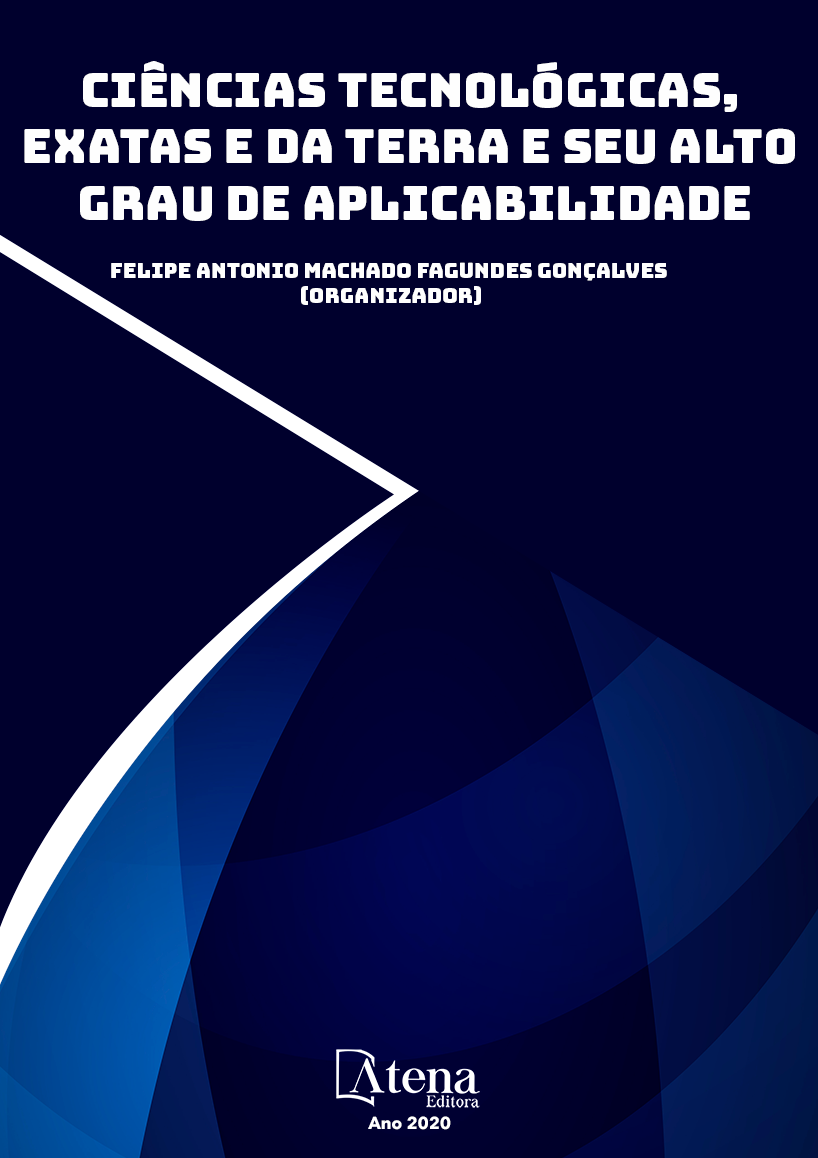
POTENCIALIDADE BACTERICIDA DO AÇO INOXIDÁVEL MARTENSÍTICO 17-4 PH
O aço inoxidável martensítico do tipo 17-4 PH é formado por cobre e endurecido por precipitação. O presente estudo avaliou o potencial bactericida do material na condição de tratamento térmico de envelhecimento por precipitação e contagem de células, expresso em porcentagem de redução de unidades formadoras de colônia por mililitros, observadas nas condições de monocultivo das bacterias nosocominais Staphylococcus aureus e Escherichia coli. Pela técnica de dilatometria, aqueceu o material até a temperatura de 1040°C atingindo a completa homogeneização, com tempo de encharque de 1 hora e resfriamento em ar até a temperatura de 25°C. Os ciclos térmicos de envelhecimento iniciados com o aço no estado recozido por solubilização, a temperatura de 25°C até 620°C com tempos de envelhecimento de 2, 3, 4, 5, 6, 7 e 8 horas, obteve-se um material com estrutura martensítica de dureza média de 36 HRC. As reações de envelhecimento por precipitação formaram uma fase sub-microscópica rica em cobre, elevando a resistência mecânica do aço e melhora na distribuição do elemento cobre na matriz. As transformações de fase e o comportamento do aço inoxidável por dilatometria foram analisadas pelas técnicas de microscopia ótica, microscopia eletrônica de varredura, difratometria de raio-X e microdureza Vickers das fases. A caracterização microestrutural do material com tempo de 3 horas foi a mais efetiva em relação à distribuição dos átomos de cobre. Os testes de aderência em vitro de biofilmes sobre a superfície do aço controle AISI-304 e do aço inoxidável 17-4 PH formado pelas bactérias Staphylococcus aureus e Escherichia coli apresentaram uma redução de porcentagem de unidades formadoras de colônias de 77,6% e 78,4% respectivamente, indicando em primeira aproximação, a possível propriedade bactericida deste material.
POTENCIALIDADE BACTERICIDA DO AÇO INOXIDÁVEL MARTENSÍTICO 17-4 PH
-
DOI: 10.22533/at.ed.63820240313
-
Palavras-chave: aço inoxidável 17-4 PH, envelhecimento por precipitação, precipitado de cobre, dilatometria, biofilmes.
-
Keywords: 17-4 PH stainless steel, precipitation aging, copper precipitate, dilatometry, biofilms.
-
Abstract:
Type 17-4 PH martensitic stainless steel is formed of copper and hardened by precipitation. The present study evaluated the bactericidal potential of the material under the condition of precipitation aging and cell count heat treatment, expressed as a percentage reduction of colony forming units per milliliter, observed under the monoculture conditions of nosocominal bacteria Staphylococcus aureus and Escherichia coli. Using the dilatometry technique, the material was heated to a temperature of 1040 ° C, reaching complete homogenization, with a 1 hour soaking time and air cooling to a temperature of 25 ° C. The thermal aging cycles started with the steel in the annealed state by solubilization, at a temperature of 25 ° C to 620 ° C with aging times of 2, 3, 4, 5, 6, 7 and 8 hours, gave a material with medium hardness martensitic structure of 36 HRC. Precipitation aging reactions formed a copper-rich submicroscopic phase, increasing the mechanical strength of the steel and improving the distribution of the copper element in the matrix. The phase transformations and the behavior of stainless steel by dilatometry were analyzed by optical microscopy, scanning electron microscopy, X-ray diffraction and phase microhardness techniques. The microstructural characterization of the material with time of 3 hours was the most effective in relation to the distribution of copper atoms. The in vitro adhesion tests of the biofilms on the surface of AISI-304 control steel and 17-4 PH stainless steel formed by the bacteria Staphylococcus aureus and Escherichia coli showed a reduction in the percentage of colony forming units by 77.6% and 78. , 4% respectively, indicating at first approximation the possible bactericidal property of this material.
-
Número de páginas: 13
- Italo Leite de Camargo
- João Fiore Parreira Lovo
- Carlos Alberto Fortulan
- João Manuel Domingos de Almeida Rollo
- Rogério Erbereli


